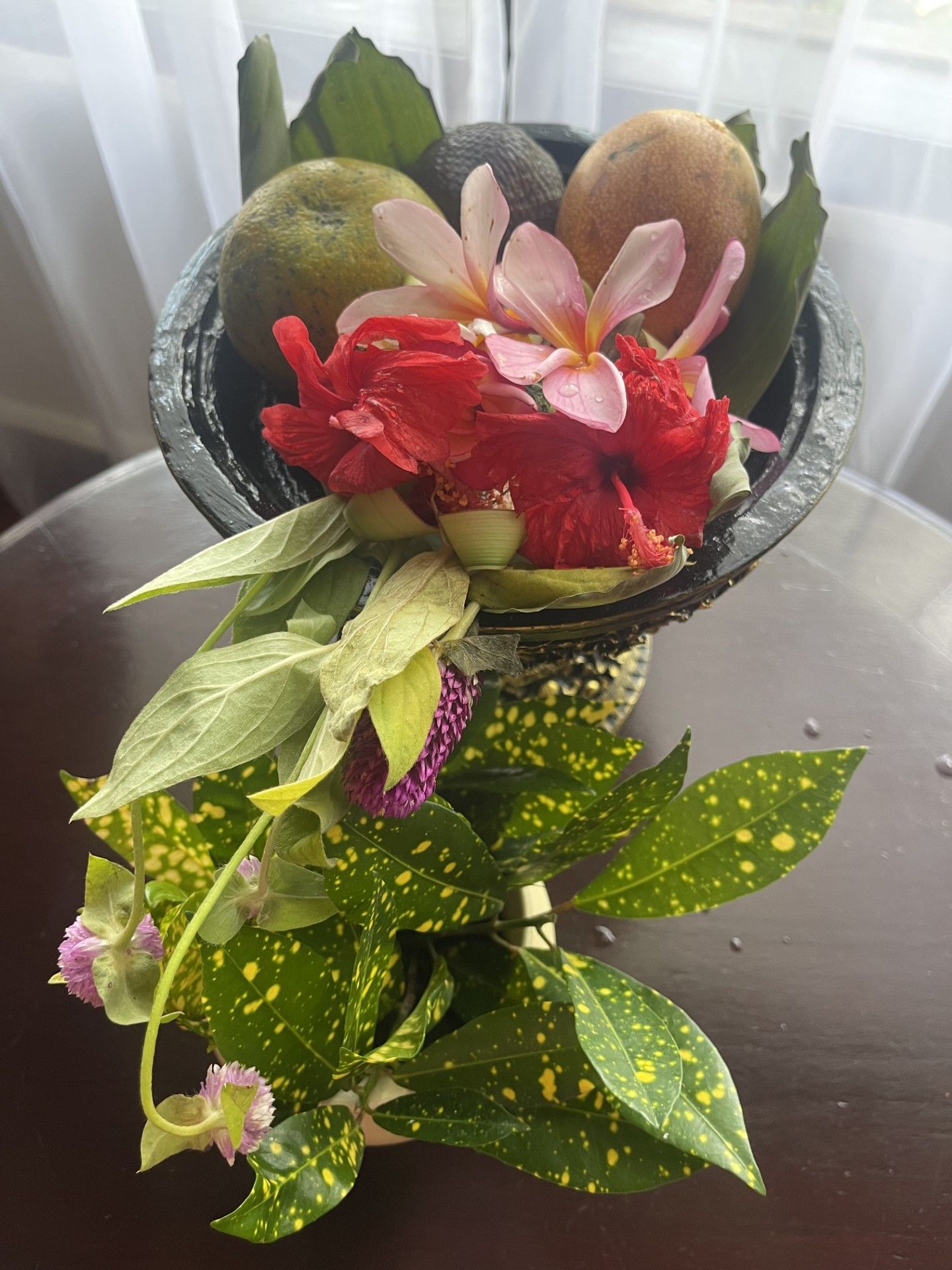The Conversationalist
By Vivian Cobb

ISSUE 992 - September 2024
On our first date, my I-didn't-know-it-yet future husband and I talked for five solid hours. We talked about everything and anything. The second date was just like the first: endless conversation.
Immediately after our second date, he left town for almost three weeks. During this time away from each other, we talked every day, night, or both. In short, we couldn't get enough of sharing our stories and getting to know each other.
Like most partnerships, when we married, our conversations shifted from gaining knowledge about each other to becoming more practical and integral to running a household, maintaining a social life with friends and, because it was a second marriage for both of us, navigating a blended family. We could still talk about everything—almost.
The one conversation we did not have to the degree needed was about our finances. It's a common problem between partners, even business partners.
There are many reasons why it's difficult to have a conversation about money. Let's face it: like all other subjects with attached values, like politics, religion, sex, raising children, and which direction to hang the toilet paper, money conversations can rank high on the contentious scale.
Depending on our conditioning, societal or otherwise, most of the time, we enter relationships with differing values around money. These values were determined partly by our upbringing and witnessing our parents navigate their conditioning around money.
For example, was money a topic easily discussed in your family? Was it a guaranteed fireworks show? Was it discussed at all? Was one parent a spendthrift and the other one frugal? Did you come from a scarcity or abundance mindset? What generational message did you receive around money?
I grew up during a time when women were starting to be able to take control of their finances. I was fourteen when the Equal Credit Opportunity Act allowed a woman to have her own bank account without a man co-signing. It's only been 50 years since that was an option. So, my mindset around money is very different from that of a young woman who has never known such restrictions.
Factors like these combine to determine how we view our finances and determine our emotional relationship with money.
These factors also explain why having a conversation about money with our partner can be difficult and complex. Most couples don't want to enter that conversation out of fear of getting into some sort of fight. I know that's how it was for me and my husband. So, like many couples, we didn't go there.
Here's the danger of not having those conversations. When things went south, as when my husband died unexpectedly, I was blindsided by not knowing the condition of our finances or the condition of our assets (I didn't know our house was in foreclosure). The consequences of letting my conditioning and insecurities stop me from insisting on getting the knowledge I needed were devastating.
He also let his fears and insecurities about money prevent him from being forthright with me and telling me about the situation. We both contributed to the impending financial disaster that would befall me after his death. We are both to blame for something fixable if we had returned to how we started: talking about it.
Because of my experience, I raise awareness of the importance of having those conversations. I am passionate about helping couples talk openly and honestly about their finances before it's too late.










